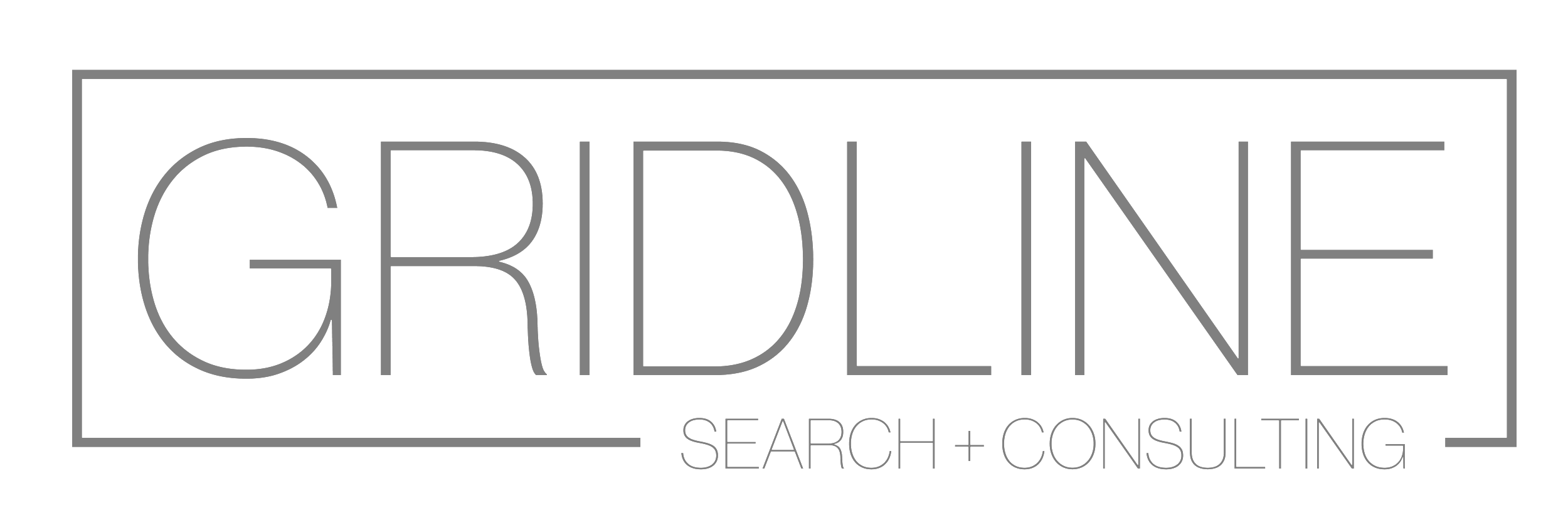Technology and intellectual property transactions ("tech trans") has been a growing practice area at BigLaw firms for several years. Generally speaking, the practice refers to advising large companies on transactions that involve the purchase, sale and licensing of major intellectual property assets. Depending on the firm, the work can be very broad or very specific. Some firms have "tech trans" lawyers that act as full service corporate attorneys for the firm's technology clients. Other firms have their tech trans lawyers specialize in (sometimes complicated) licensing transactions for clients in industries like tech and life sciences. Many firms are somewhere in-between.
While the practice is growing in strength and numbers, it is still relatively small in terms of headcount compared to practices like private equity M&A and commercial litigation. Nevertheless, often because of this limited supply of associates in this practice, "tech trans" lateral associates are in high demand.
Here are some reasons to consider lateralling as a tech and IP transactions associate:
To broaden or narrow the type of work that you do. As already mentioned, tech trans practices can differ greatly from firm to firm. Maybe you are at a firm that has a very broad practice and you find yourself working on all different types of corporate transactions (M&A, capital markets, finance, etc.) for your tech clients. But you'd rather narrow your focus to just licensing transactions in order to help with a strategic in-house move later on. Or, on the other hand, maybe you are working on highly specialized licensing transactions for life sciences client, but you don't enjoy the super-technical nature of the work and want to be a more full service deal lawyer. These are both very common reasons why tech trans associates move.
To change the types of clients that you service. Because so many different types of companies have IP interests and assets, tech trans associates can represent clients across industries as varied as life sciences and biotech, software and computing, financial services and more. If you are interested in broadening or widening the types of clients that you service as a tech trans associate (maybe for a strategic in-house move?), then a lateral BigLaw move may make sense.
To move to a firm with a larger or more reputable tech trans practice. Because this is such a new practice in the BigLaw world, some firms may not have a very large or reputable tech trans practice. Therefore, in order to represent the most sophisticated client or to have really strong advancement opportunities, you may need to make a lateral BigLaw move.
To pivot into the practice from another area (like patent prosecution). While a practice like tech trans is getting larger at many BigLaw firms, a practice like patent prosecution is getting smaller. The process of filing and defending new intellectual property patents is becoming more mechanized and/or moving to smaller firms and boutiques. Tech trans groups like to hire associates with a patent prosecution background as they usually have technical degrees and therefore a sharp understanding of the industries that they serve. I have seen several associates over the years make the move from a dispute-based IP practice to a corporate one.
To relocate. Tech trans practices exist in many major markets across the U.S., including markets as varied as New York, San Francisco, Boston, Seattle, Philadelphia and DC. Additionally, given the culture around this type of work and the types of clients, it can be very possible to work remotely in this practice at firms that have national practice and offer this type of flexibility.
To set up a very specific in-house move. Tech trans may be the singular most in-demand practice when it comes to in-house attorney hiring by U.S. companies. In fact, tech trans groups often stay small at the large law firms as companies like to have in-house attorneys do a lot of this type of work instead. If you are interested in working for a very specific large company (an Apple, an Amazon, a Meta, etc.), you will be best set up to do so if you move to a firm that does the tech trans work for said company. (When hiring in-house attorneys, companies always look to their outside firm advisors before posting the opening.)
To change the types of people with whom you work. Because tech trans work can vary so much across law firms, the types of attorneys that do it can be very different as well. There are attorneys who come from a technical background and have a deeper understanding of the technical side of the work. And then there are others who came from a more traditional liberal arts background and learned the details of the practice on the job. Either way, there may be a tone or approach to the practice that does not fit with your own personality. This is a good reason to consider a move.

